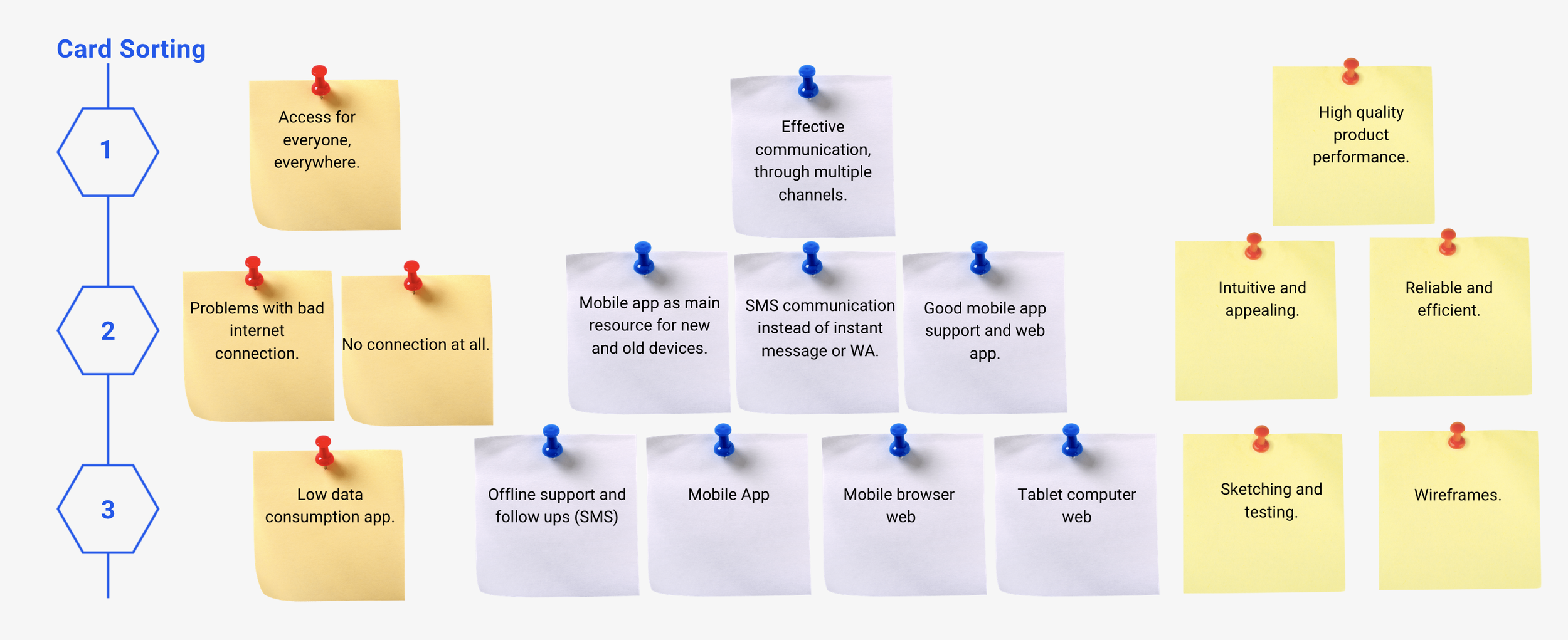World Health Organization Mexico (WHO).
Business Case Solution: Improving UX/UI for Rural Healthcare Access in Mexico Healthcare Experience cross-platform
Year
2021
Client
Accenture (WHO)
Business Case Solution:
Proposed Solution
A cross-platform healthcare application focusing on accessibility, low connectivity adaptation, and seamless user experience.
UX Principles
Inclusivity: Ensure designs accommodate low-literacy and non-tech-savvy users.
Simplicity: Minimalist navigation and clear visual hierarchy to prioritize critical actions like booking appointments.
Localization: Use culturally relevant design elements and language.
UI Features
Responsive Design: Optimize for both low-end and high-end devices.
Offline Support: Include SMS-based functionalities for appointment confirmations and reminders.
Low Data Mode: Compress data usage for users with limited internet.
Key Features
Hybrid Communication: Blend SMS and app notifications for critical updates.
Personalized Dashboards: Allow users to track appointments, health tips, and follow-ups.
Telemedicine Integration: Lightweight video/audio consultation options that work on low bandwidth.
Implementation Approach
Design Phase
Conduct usability testing in rural communities.
Implement card sorting for feature prioritization.
Develop wireframes and prototypes iteratively based on user feedback.
Development Phase
Use DevOps for API integrations and cloud solutions for data security.
Leverage AI to predict user needs and enhance service recommendations.
Testing and Deployment
Include a beta phase with target rural demographics.
Train local health workers and community leaders on app usage to ensure widespread adoption.
Expected Outcomes
Increased Healthcare Reach: Aim for 50%+ increase in rural user engagement.
Improved Health Metrics: Reduction in rural maternal mortality rates and increased early disease detection.
User Adoption: High satisfaction scores due to seamless user experience and accessibility.
KPIs
App downloads and retention rates in rural areas.
SMS interaction rates and completed appointments.
Reduction in average response time for medical assistance.
This solution combines strategic UX/UI enhancements with tailored technology implementation to bridge the healthcare accessibility gap in rural Mexico. Let me know how you'd like to iterate on this or if you need specific details expanded.
Agile Design Process










